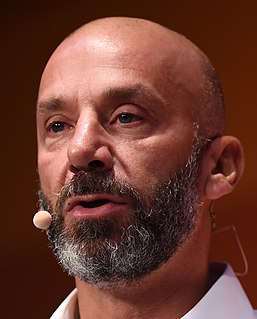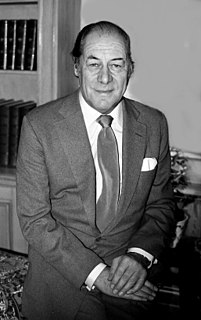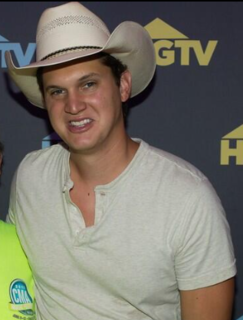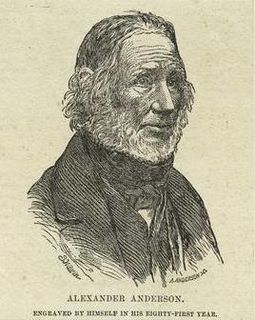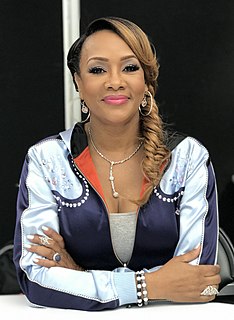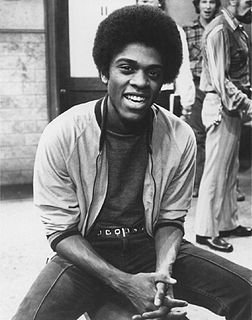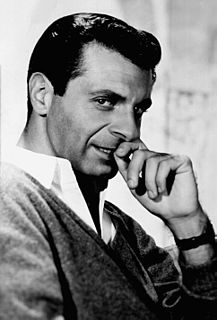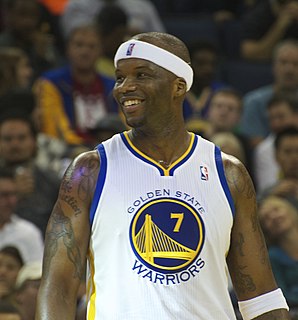A Quote by Magic Johnson
The audience likes their emotions to be touched. They want to laugh and cry and feel good.
Related Quotes
Acting is bad acting if the actor himself gets emotional in the act of making the audience cry. The object is to make the audience cry, but not cry yourself. The emotion has to be inside the actor, not outside. If you stand there weeping and wailing, all your emotions will go down your shirt and nothing will go out to your audience. Audience control is really about the actor
Our bodies, speeches and minds need to be trained so that they will do anything we want. We can cry or laugh at once when we want to. Then it will be a natural response; we will cry when it is time to cry, and laugh when we should laugh. Do you understand? We can get angry when necessary; we can be gentle if we have to. We will completely become our own master. Then, no matter what we want to do, it will benefit the world. It is not difficult to attain this stage; all we need to do is to mediate.
In the vast majority of movies, everything is done for the audience. We are cued to laugh or cry, be frightened or relieved; Hitchcock called the movies a machine for causing emotions in the audience. Bresson (and Ozu) take a different approach. They regard, and ask us to regard along with them, and to arrive at conclusions about their characters that are our own. This is the cinema of empathy.
I like to service the full audience of America, so I try to do things that are just real artistic, like when they don't have the most money, but it's a great piece of work. Then, there are big, fun comedies and big animated movies for kids. I want to do things for my nieces and nephews. Ultimately, we're trying to deliver something entertaining to an audience. As long as it can entertain the audience, and it makes me or my niece and nephew laugh or cry, then I think it's good.
When you make a film, you're creating the illusion of a natural experience. But everything is created on purpose. If I want you to be scared, I'm trying to scare you. If I want you to cry, I'm trying to make you sad. If I want you to laugh, I'm trying make you laugh. So, how I get you there is what makes it interesting, because I also want it to feel seamless, and not forced. That kind of constant experimentation is just fun to explore, and I love it.
Laugh. Laugh as much as you can. Laugh until you cry. Cry until you laugh. Keep doing it even if people are passing you on the street saying, "I can't tell if that person is laughing or crying, but either way they seem crazy, let's walk faster." Emote. It's okay. It shows you are thinking and feeling.



